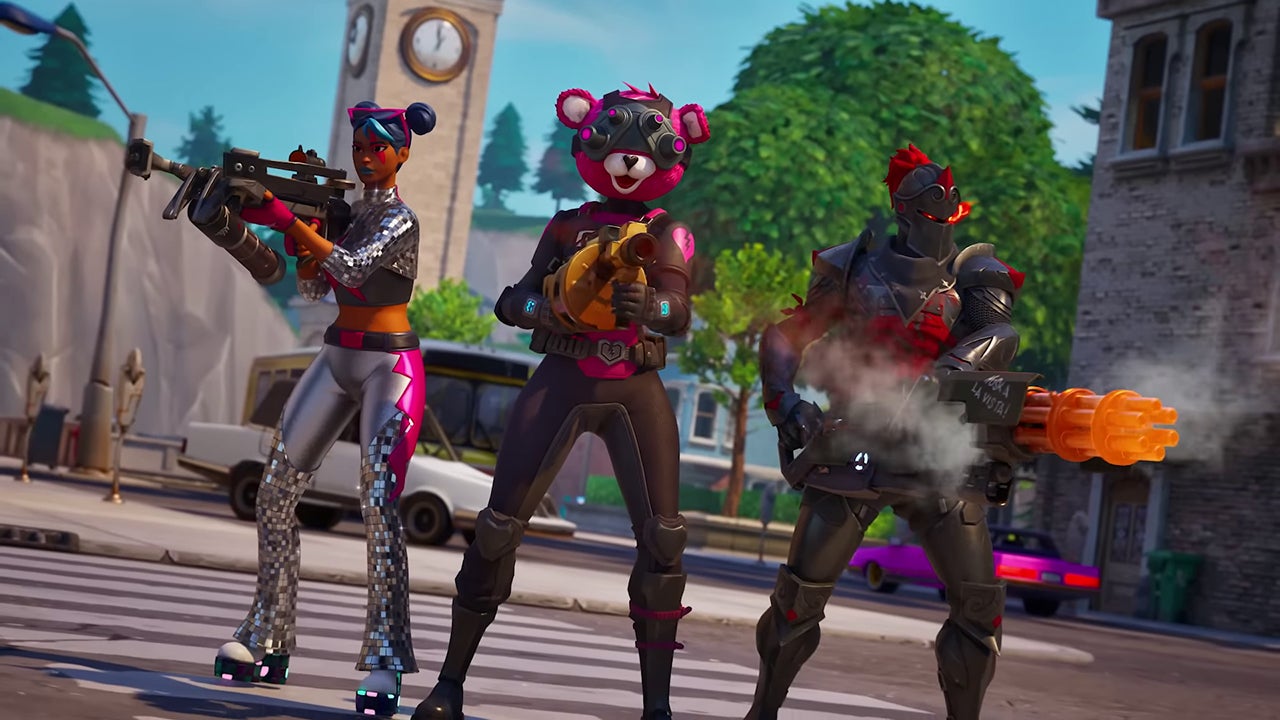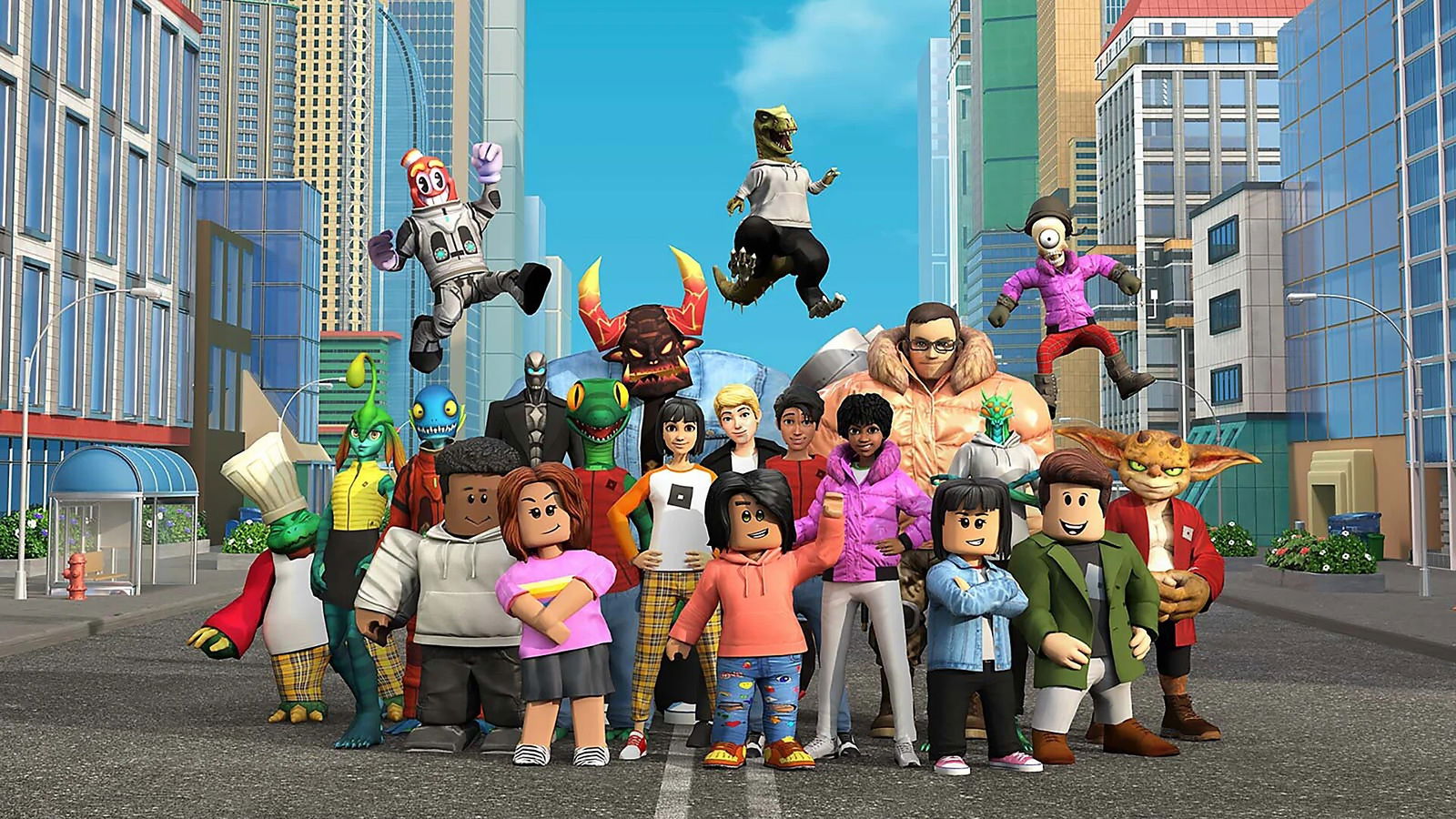In today’s digital age, gaming has transcended its traditional role as mere entertainment, becoming a powerful tool for social interaction. Whether through multiplayer games, virtual worlds, or social gaming platforms, games now connect people across the globe, fostering relationships, communities, and shared experiences. The digital revolution has turned gaming into a dynamic social activity that is reshaping how we communicate and connect in the modern world.
One of the primary ways that games influence social interaction is through multiplayer platforms that allow people to play with or against others in real time. Games like Fortnite, Minecraft, and League of Legends have revolutionized the way players engage with one another, turning the gaming experience into a social event. Players can chat, strategize, and celebrate victories together, all while participating in a shared digital environment.

This interconnectedness not only strengthens existing relationships but also introduces the opportunity to meet new people from different cultures and backgrounds. The rise of instant payout online casino games, for example, brings together players from diverse corners of the world, offering instant interaction with like-minded individuals in a highly immersive environment. The social aspects of gaming are no longer confined to local networks; they have become global, breaking down geographical barriers and creating a more interconnected world.
Another significant change in how games shape social interaction is the development of virtual worlds. Games such as Second Life or Roblox have built entire ecosystems where players can interact in a virtual space, socialize, create content, and even conduct business. These worlds are a blend of entertainment and real-life simulation, providing players with the opportunity to build avatars, own virtual properties, and participate in virtual economies.
In these spaces, socializing isn’t just about chatting—it’s about experiencing a different life. People can go to concerts, attend events, or even host their own social gatherings within these virtual spaces. The interaction that takes place here is as meaningful as that in the physical world, with some players forming lasting friendships or even romantic relationships.
Social gaming has also grown in popularity on mobile platforms, making it even more accessible and integral to modern social interaction. Games like Candy Crush, Words with Friends, and Clash Royale offer simple yet engaging experiences that are easy to pick up and play while also incorporating social features like leaderboards, challenges, and team-based activities. These games are not just about competing or completing levels; they have built-in mechanisms that allow players to connect with their friends or meet new ones.
Social media integration has made it even easier to share progress, achievements, and in-game moments, fostering a sense of camaraderie and collective achievement. With so many options available, it’s no wonder that mobile gaming has become a staple of modern social interaction.

In addition to traditional gaming, esports has emerged as a major force in the digital social landscape. What was once a niche activity has now grown into a global phenomenon, with professional players, teams, and leagues drawing massive online audiences. Esports events are broadcast across platforms like Twitch and YouTube, allowing fans to watch and interact with their favourite players or teams in real time.
The fan base of esports is incredibly active, engaging in live chats, creating fan content, and participating in online discussions. These games have transformed from simple competitive challenges into large-scale social gatherings that unite millions of fans who share a passion for gaming.
The influence of games on social interaction is also evident in the rise of “gaming communities,” which often extend far beyond the games themselves. Online forums, Discord servers, and social media groups dedicated to specific games or gaming-related content serve as spaces where players can share tips, strategies, fan art, and more. These communities create tight-knit bonds among members, some of whom may never meet in real life but share a deep connection over their common interests. The relationships formed in these spaces can be just as meaningful as those formed in person.
In conclusion, games are playing an increasingly significant role in shaping how we interact socially in the digital age. They are breaking down social barriers, creating new ways for people to connect, and offering fresh opportunities for interaction in virtual spaces. Whether through cooperative gameplay, virtual worlds, or mobile games, the digital age has made gaming an essential part of modern social life, and it’s clear that the influence of games on social interaction will continue to grow.



